“Russia not against Serbia joining EU”
Russian Ambassador to Serbia Aleksandr Konuzin says that Russia has nothing against Serbia’s European perspective.
Tuesday, 20.10.2009.
12:28

Russian Ambassador to Serbia Aleksandr Konuzin says that Russia has nothing against Serbia’s European perspective. In an interview with B92, he explained why the visit of Russian President Dmitry Medvedev to Serbia was a historic event and discussed relations between the two countries and how they could be developed further. “Russia not against Serbia joining EU” “I believe that this visit really has a historical character, because it is a logical part of history between our two countries. Relations have existed for many centuries and this visit will become an important event in this history,” Konuzin said, adding that the celebrations to mark the 65th anniversary of Belgrade’s liberation during World War II added further significance to the event. He said that the visit was also of great economic importance. “Our countries now have very important joint projects, but, at the same time, are looking ahead. This is why the two presidents will look at the possibilities and avenues for further cooperation,” he said. Regarding earlier statements that Medvedev would be bringing “good news” to Serbia, Konuzin said that Medvedev would be coming to reaffirm Russia’s great desire to continue cooperation in all sectors—political, economic, cultural and scientific. He added that there would be talks on very large projects and Serbia’s request for financial aid from Russia. “We are trying to balance out our relations in all spheres. As far as politics are concerned, we have established stable dialogue on a political level. This dialogue covers the most important issues in our bilateral relations, but also our cooperation at international level,” he said. “We are also very happy with what we have achieved at the level of economic cooperation. We have agreed on and are implementing several strategic agreements in the field of energy. We have also carried out several projects this year in the field of cultural exchange,” he said, adding that there were also plans for cooperation in education, science and technology. Konuzin rejected recent assertions that Russia could reap economic benefits because of its support of Serbian policy. “Russia has always helped Serbia out in difficult situations, like during World War II, for example. We’ve also always tried to develop economic cooperation as much as possible. Our joint interest in developing cooperation at a political level is the same as our mutual interest in economic cooperation,” he said. Asked how this cooperation differed between officials of the ruling coalition and the opposition in Serbia, Konuzin said that he had excellent relations with government officials, especially President Boris Tadic and Foreign Minister Vuk Jeremic, and that he maintained friendly relations with the opposition as well. “I believe that the majority of political parties in Serbia have friendly relations towards Russia and I have friendly relations with these partners, regardless of whether they are in the government or opposition,” he said. He also said that Russia had nothing against Serbia’s European perspective. “We are looking for a form of cooperation that would be good for everyone—for Serbia, the European Union and Russia. And such projects already exist, such as the modernization of your largest company, NIS. This is a Serbian company which employs Serbian workers, Russia is providing the funds, and the money is being used to buy modern technology from Western Europe, so everyone has an interest in this,” he said. Aleksandr Konuzin (Tanjug, archive)
“Russia not against Serbia joining EU”
“I believe that this visit really has a historical character, because it is a logical part of history between our two countries. Relations have existed for many centuries and this visit will become an important event in this history,” Konuzin said, adding that the celebrations to mark the 65th anniversary of Belgrade’s liberation during World War II added further significance to the event.He said that the visit was also of great economic importance.
“Our countries now have very important joint projects, but, at the same time, are looking ahead. This is why the two presidents will look at the possibilities and avenues for further cooperation,” he said.
Regarding earlier statements that Medvedev would be bringing “good news” to Serbia, Konuzin said that Medvedev would be coming to reaffirm Russia’s great desire to continue cooperation in all sectors—political, economic, cultural and scientific.
He added that there would be talks on very large projects and Serbia’s request for financial aid from Russia.
“We are trying to balance out our relations in all spheres. As far as politics are concerned, we have established stable dialogue on a political level. This dialogue covers the most important issues in our bilateral relations, but also our cooperation at international level,” he said.
“We are also very happy with what we have achieved at the level of economic cooperation. We have agreed on and are implementing several strategic agreements in the field of energy. We have also carried out several projects this year in the field of cultural exchange,” he said, adding that there were also plans for cooperation in education, science and technology.
Konuzin rejected recent assertions that Russia could reap economic benefits because of its support of Serbian policy.
“Russia has always helped Serbia out in difficult situations, like during World War II, for example. We’ve also always tried to develop economic cooperation as much as possible. Our joint interest in developing cooperation at a political level is the same as our mutual interest in economic cooperation,” he said.
Asked how this cooperation differed between officials of the ruling coalition and the opposition in Serbia, Konuzin said that he had excellent relations with government officials, especially President Boris Tadić and Foreign Minister Vuk Jeremić, and that he maintained friendly relations with the opposition as well.
“I believe that the majority of political parties in Serbia have friendly relations towards Russia and I have friendly relations with these partners, regardless of whether they are in the government or opposition,” he said.
He also said that Russia had nothing against Serbia’s European perspective.
“We are looking for a form of cooperation that would be good for everyone—for Serbia, the European Union and Russia. And such projects already exist, such as the modernization of your largest company, NIS. This is a Serbian company which employs Serbian workers, Russia is providing the funds, and the money is being used to buy modern technology from Western Europe, so everyone has an interest in this,” he said.










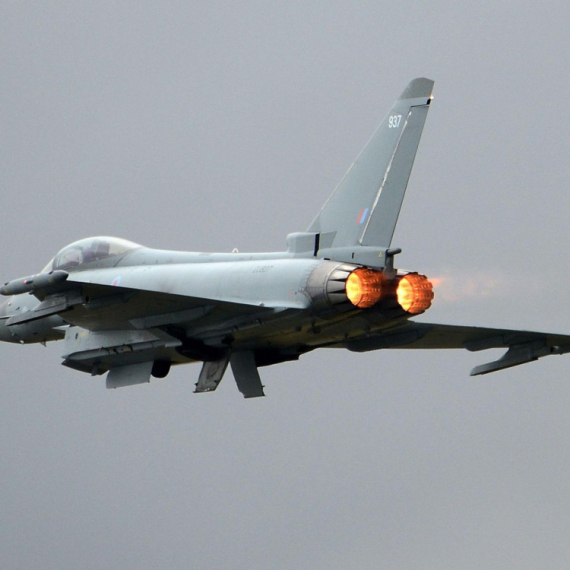


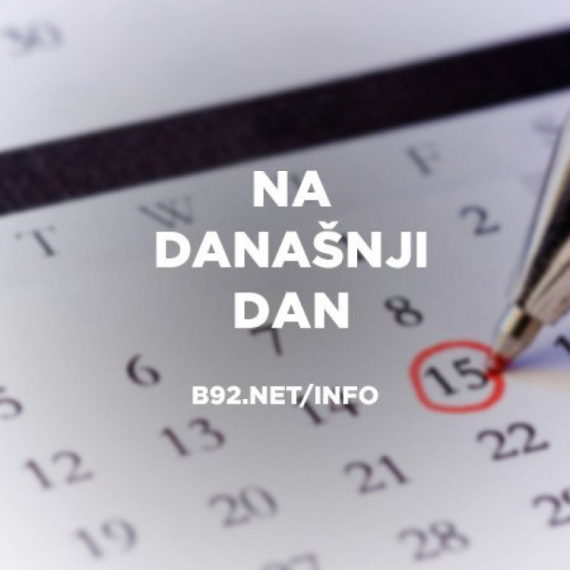
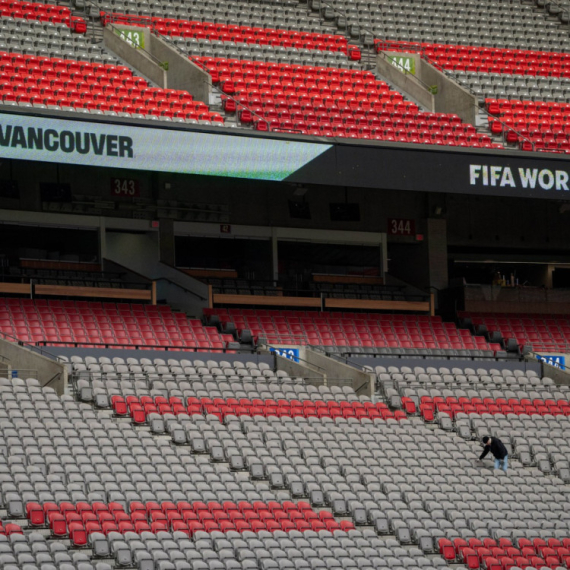
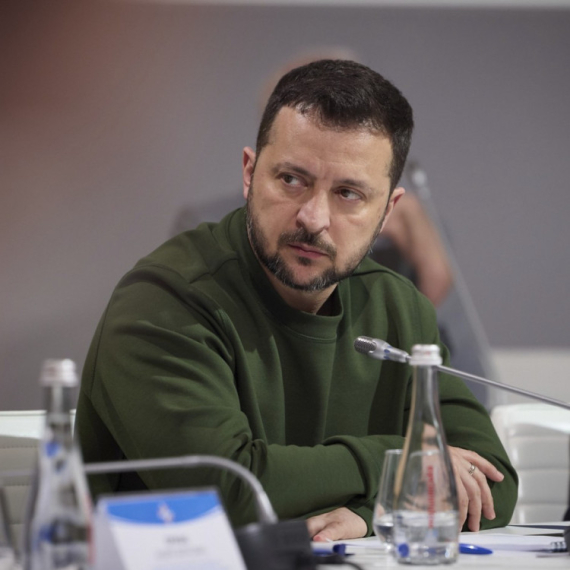
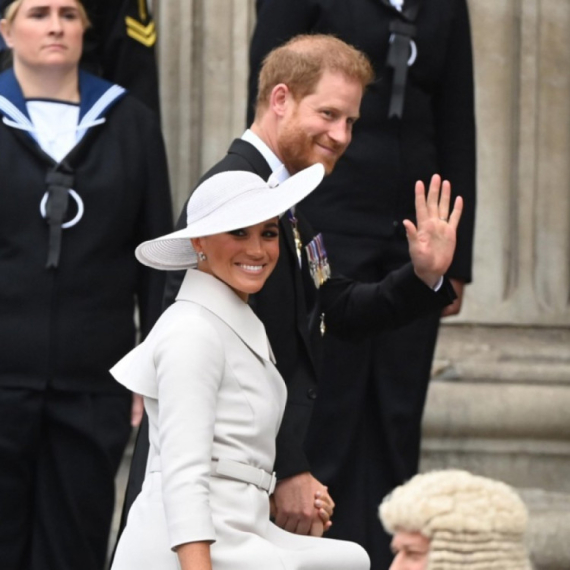

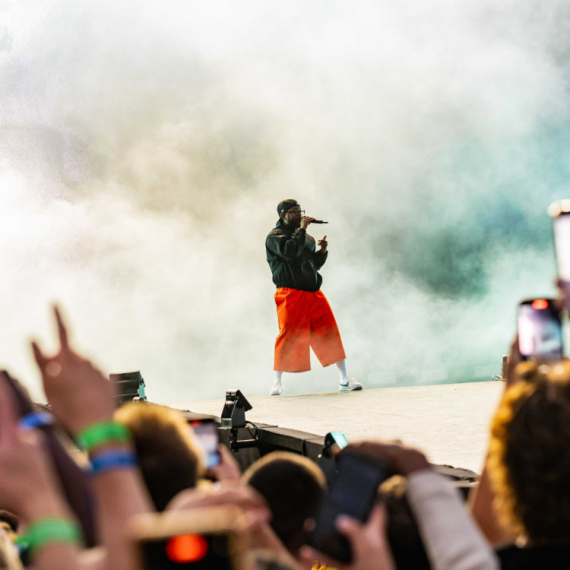
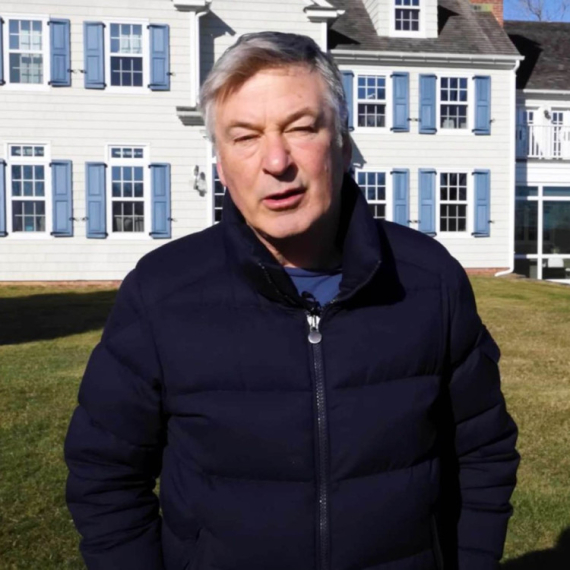









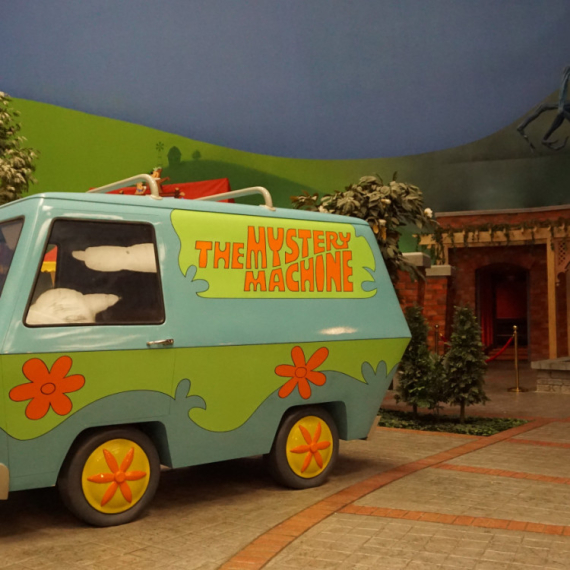















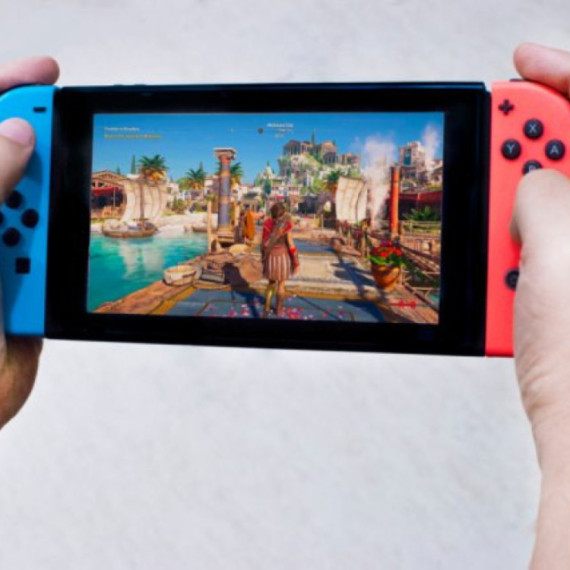
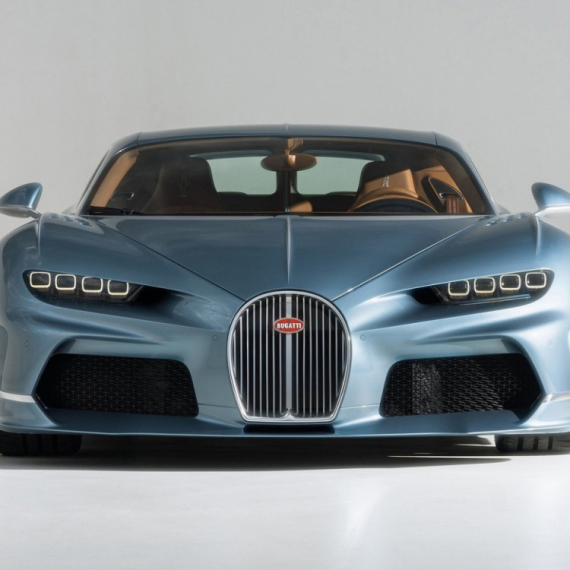
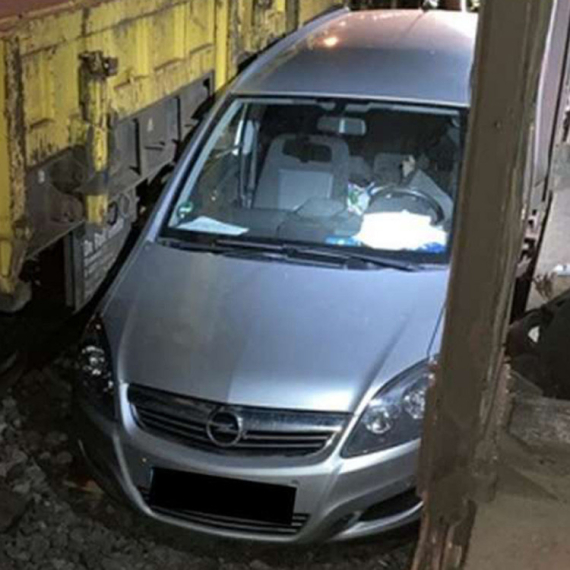


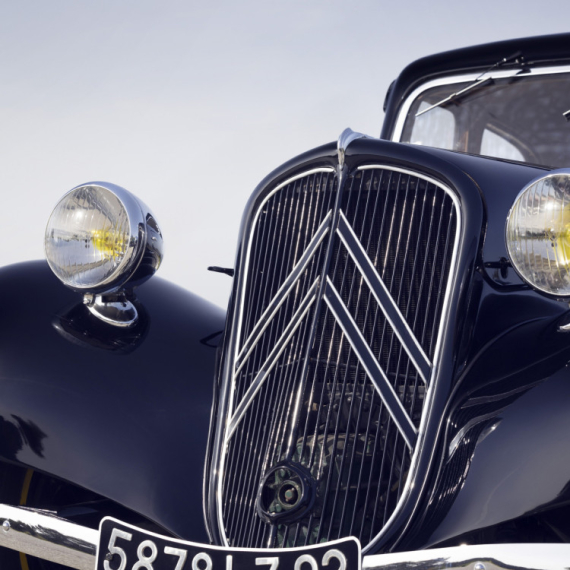


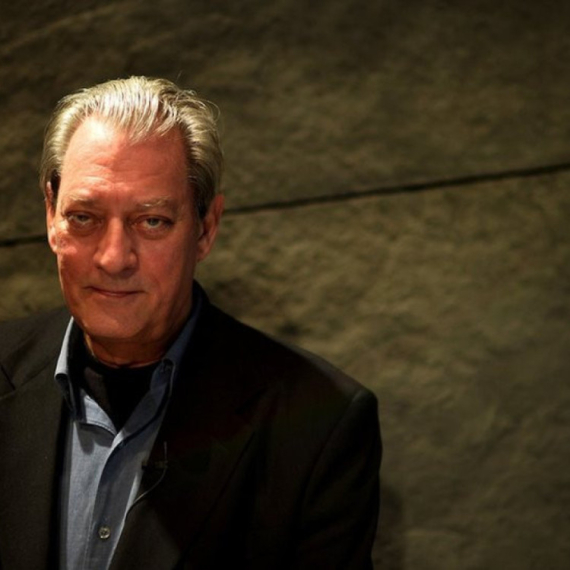
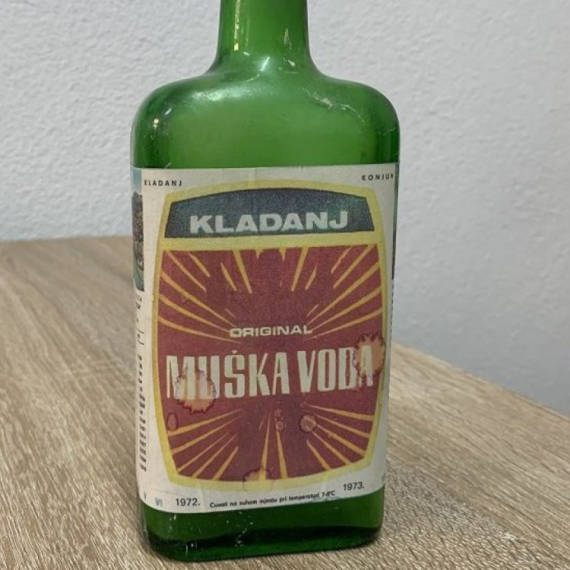


Komentari 2
Pogledaj komentare